
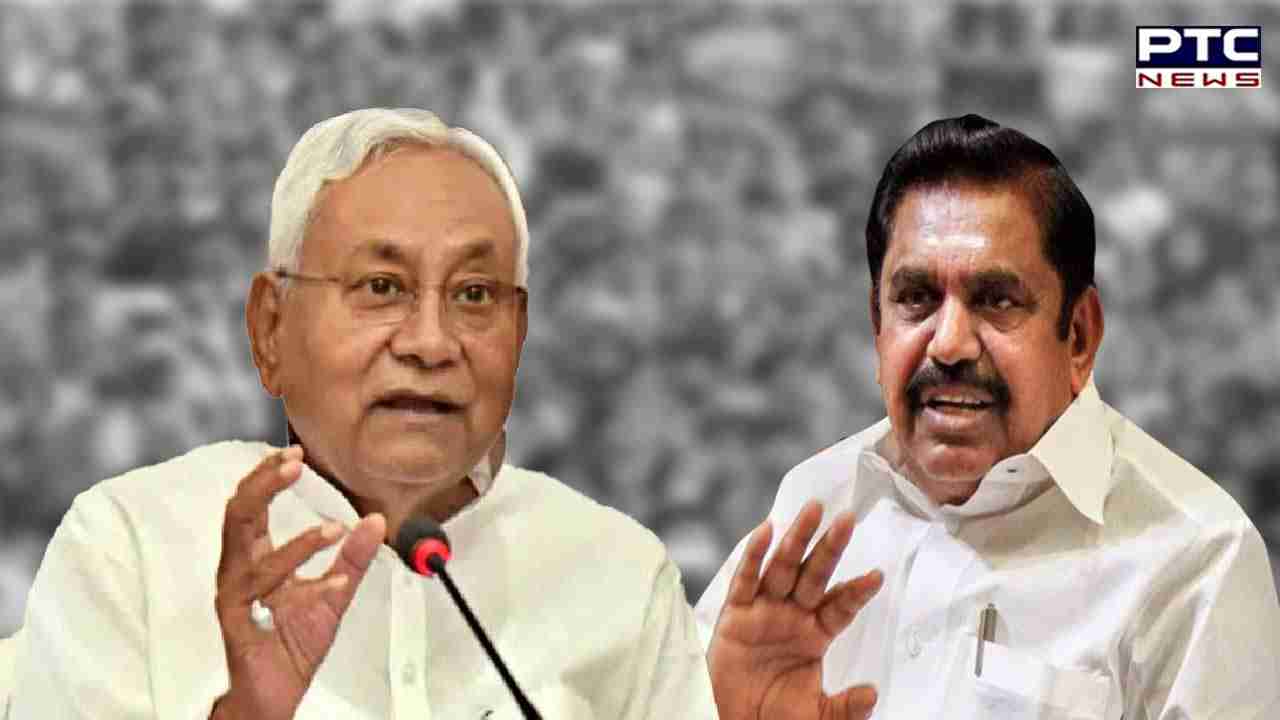
Opinion | Changing political alliances: What we can learn from Tamil Nadu and Bihar
PTC Web Desk: In Indian politics, the relationships between political parties often seem like complicated puzzles. Recent events in two states, Tamil Nadu and Bihar, have shown how these alliances can shift and change. These developments are not just about power, but also raise questions about the values that guide these alliances.
In Tamil Nadu, the All India Anna Dravida Munnetra Kazhagam (AIADMK) decided to end its partnership with the Bharatiya Janata Party (BJP) and leave the National Democratic Alliance (NDA). This decision, supported by all AIADMK leaders, is a big shift in the state's politics. The AIADMK, which used to work with the BJP, said they were doing this because the state's BJP leaders kept making unnecessary criticisms and remarks.
This decision shows how much regional identity and pride matter in Tamil Nadu's politics. The AIADMK's choice to separate from the BJP shows that they want to protect their own reputation, especially when it comes to their respected leaders like Jayalalitha and Annadurai. This also raises questions about how the BJP handles its alliances with regional parties and how they deal with the different political situations in various states.
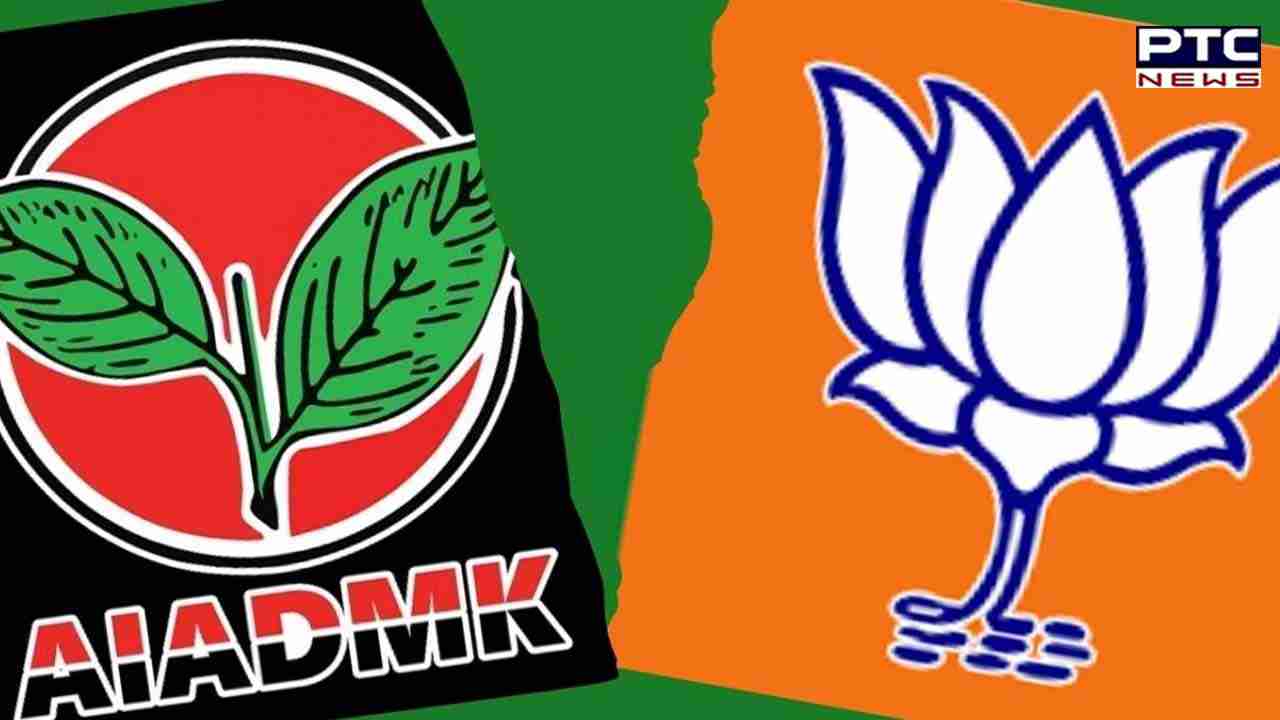
In Bihar, Chief Minister Nitish Kumar made it very clear that he won't join back with the NDA, even though he was part of it a year ago. He said this at an event where they were celebrating Deen Dayal Upadhyay's birthday. The BJP responded by saying they wouldn't take him back even if he wanted to return.
This situation shows how complicated loyalty in politics can be and how leaders have to navigate alliances carefully. Nitish Kumar's decision to leave the NDA last year was based on political reasons, and his stance now seems like an effort to show that his party is independent and to strengthen his position in Bihar's politics.
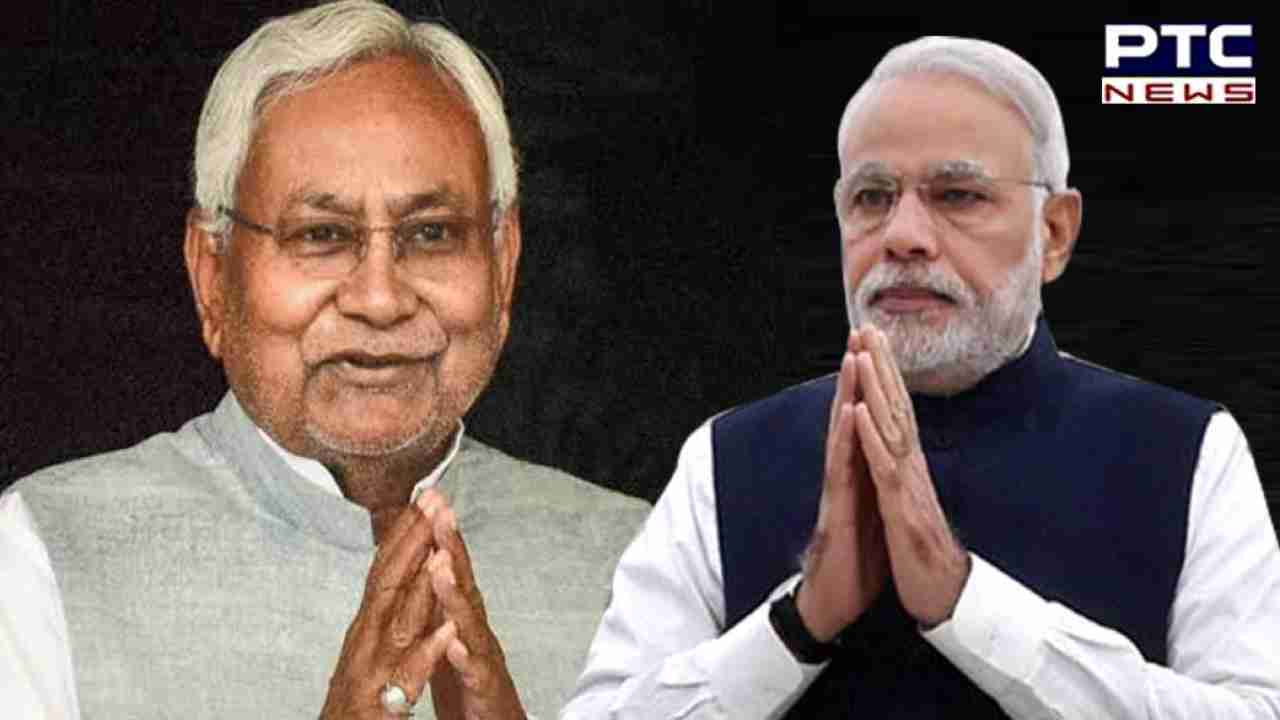
These events make us think about Indian politics in a broader sense. The chase for power often leads to changing alliances, sometimes because of different beliefs, local interests, or the desire for more votes. These changes are not unique to India, but they do affect how the country is governed, what policies are made, and how different voices are represented in the political system.
These developments also remind us of the importance of states in India's political system. Regional parties and leaders have a big role in shaping the country's politics. Their decisions can affect what policies are put in place, how the government is run, and the direction of national politics.
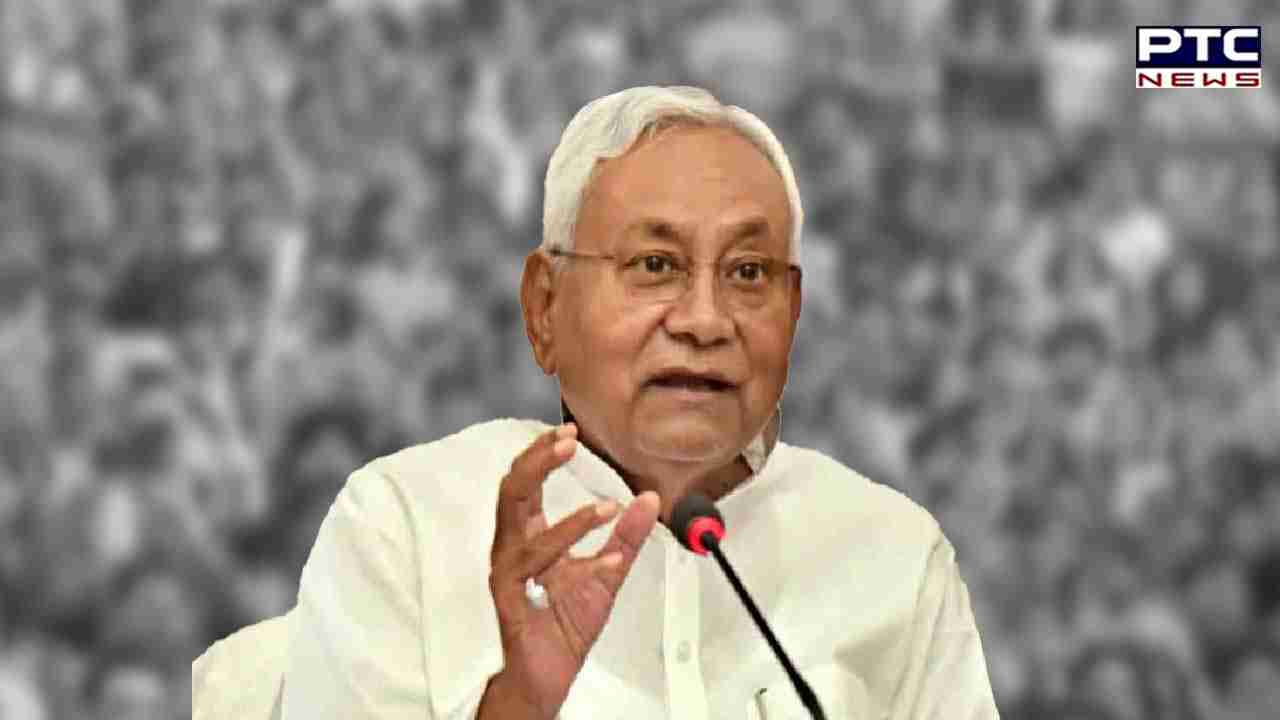
These developments are a part of the ever-changing political landscape in India, and as citizens, we need to pay attention to them and hold our leaders accountable for their decisions and actions.
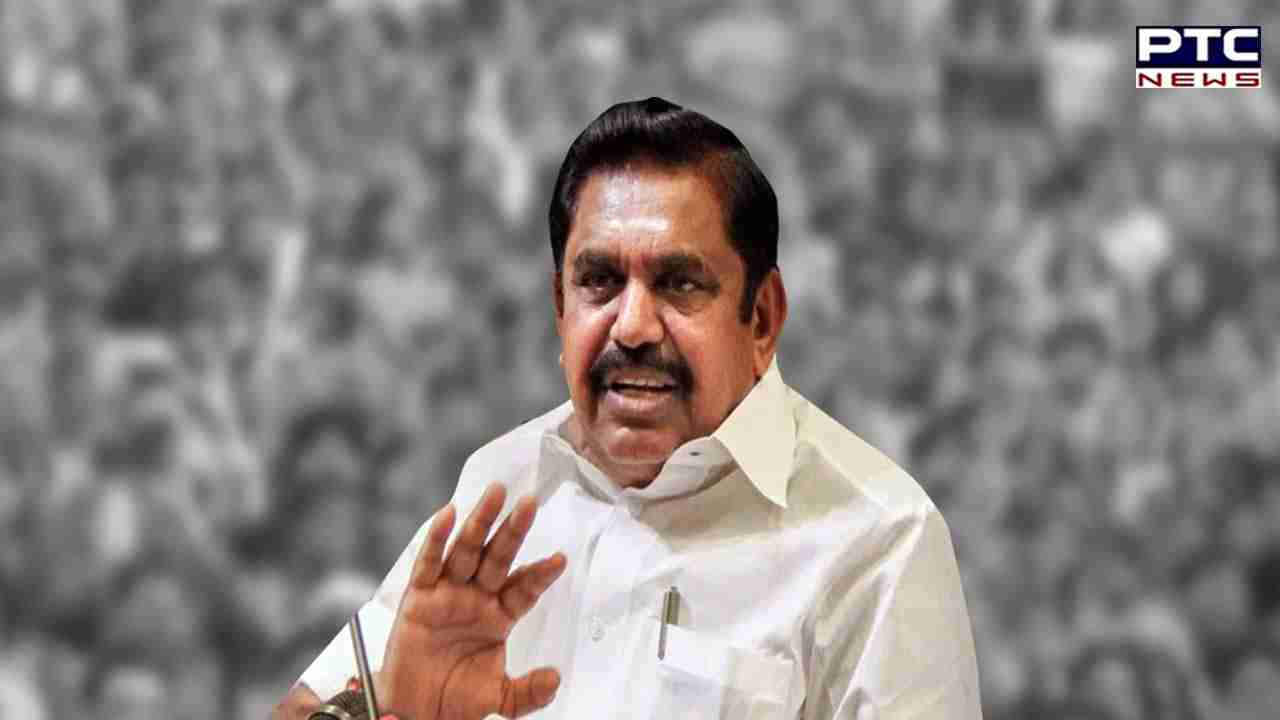
- PTC NEWS
